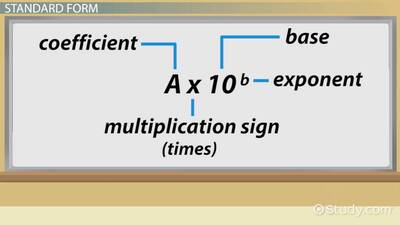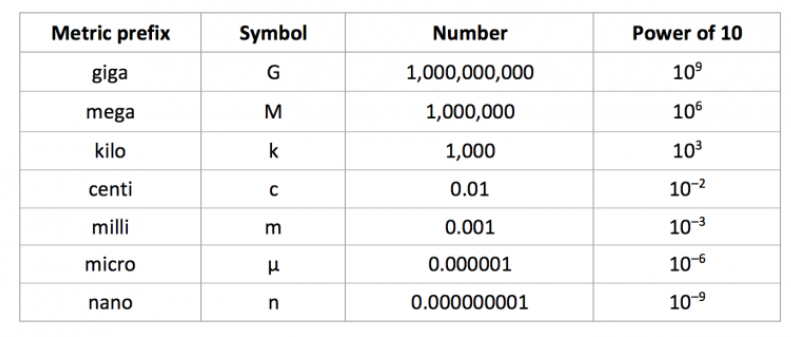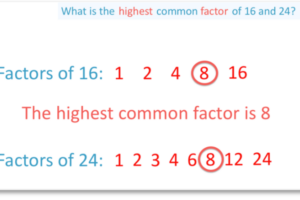
Standard Form & Physics Conversion Tables
Conversion Tables for Physics
Many Students have been asking about conversion tables for Physics. So I thought I would post them here very quickly. There are more conversions below than needed in most cases.
Firstly the key concept of ensuring you write in Standard Form. This is essential for both Maths and Physics as a concept to learn. I will be sending out a Standard Form set of questions via an online test in the coming weeks so watch out for this.
STANDARD FORM
For both Physics and Maths, we can end up with everything in numbers. This can range from the very small (such as atoms) to the absolutely enormous (such as galaxies). The biggest problem we face is writing down really small or really large numbers. This can be very tricky and requires practice. Without this, it’s easy to make mistakes. For this reason, we often use standard form in maths and physics. This is our ready reckoner quick guide to Standard Form & Physics Conversion Tables.
To write a number in standard form, we just need to make it summarised into this format:
A × 10B
where A is a number between 1 and 10 ( to be precise) and B is a positive or negative whole number.
EXAMPLE 1. Write 400,000,000 m/s in standard form.
SOLUTION. I always try and works in step processes so lets do the same here:
- Firstly, work out how many places the decimal point has to be moved to produce a number between 1 and 10.
- So right now as the number stands, the decimal place is on the far right after the final zero.
- Its 400,000,000.
- If we move the decimal point (from the very end of the number) 8 places to the left, we end up with 4.
- Next, we count the number of zeros in 400,000,000 which we know is 8.
- Then we multiply this by 10 to the power of the number of places moved, which gets us to the final answer of 4 × 108 m/s.
- There is one more way to do this and that is to initially write down 400,000,000 as 4 × 100,000,000. We know that 100,000,000 = 108, so therefore, we can then write our final answer as 4 × 108 m/s.
Physics
Key Conversion tables are shown below. Also what I would like to do is summarise a quick example like this one….
EXAMPLE 1. Convert 3.5 GJ (3.5 gigajoules) into joules.
SOLUTION. For this, what we need to do is to multiply 3.5 by 109 (or 1,000,000,000) to give an answer of 3.5 × 109 (3,500,000,000) J

EXAMPLE 2. Try something more complex. Write 0.00092 s in standard form.
SOLUTION. In order to write 0.00092 into standard form, what we will need to work out is how many places the decimal point has to be moved to give us a number that is between 1 and 10.
In this example above, we will need to move the decimal point 4 places to the right in order to end up with 9.2. The fact that we’ve moved it 4 places to the right means that we have to multiply 9.2 by 10–4 to end up with the correct answer of 9.2 × 10–4 s.
There you have it. Standard Form & Physics Conversion Tables in a nutshell. Quite high level but hope this helps you
11+ Online Maths Tests FREE
Do you have a sibling who is in Primary School or is about to sit their 11+ Exams? Or perhaps they just need some extra practice in core Maths skills for Year 5/6 level. There are some Maths 11+ online tests I have started to post so feel free to try these out. The resource is absolutely free to try
More resource will be added weekly so if you wish to be part of the mailing list, just fill in the form at the bottom of the home page and I will ensure you are added to the mailing list
Also for general Physics resource and tutors, contact us directly on 07903 139807



